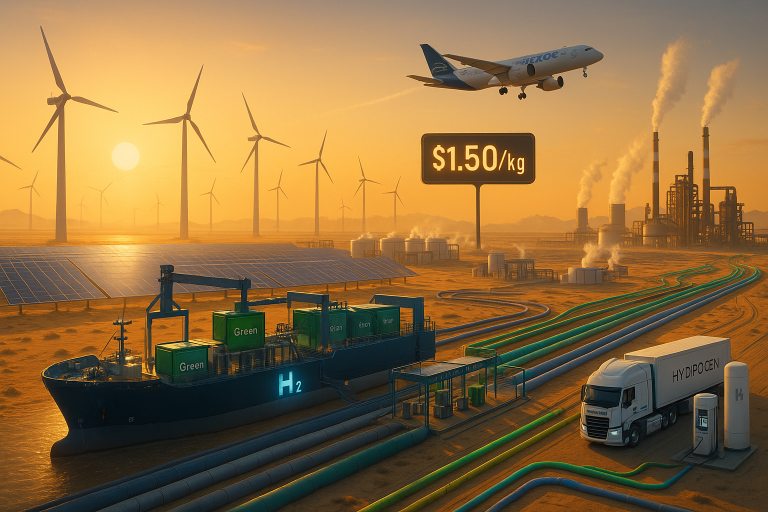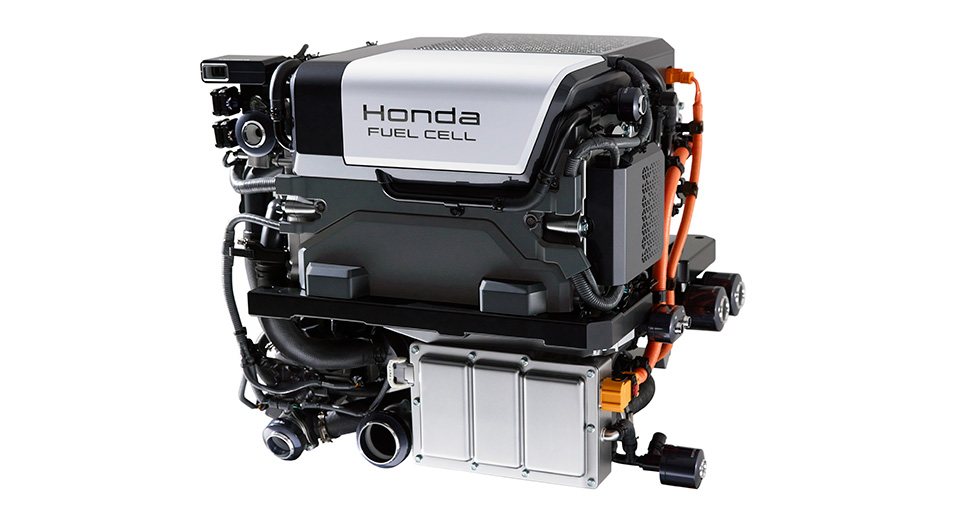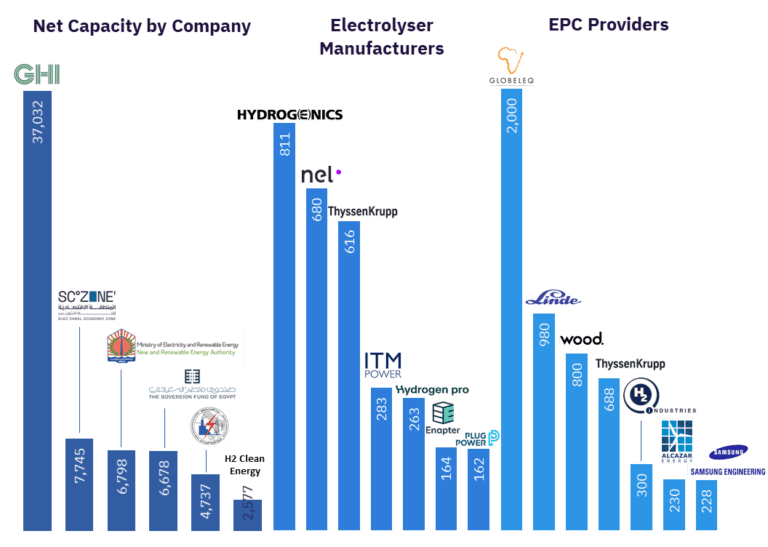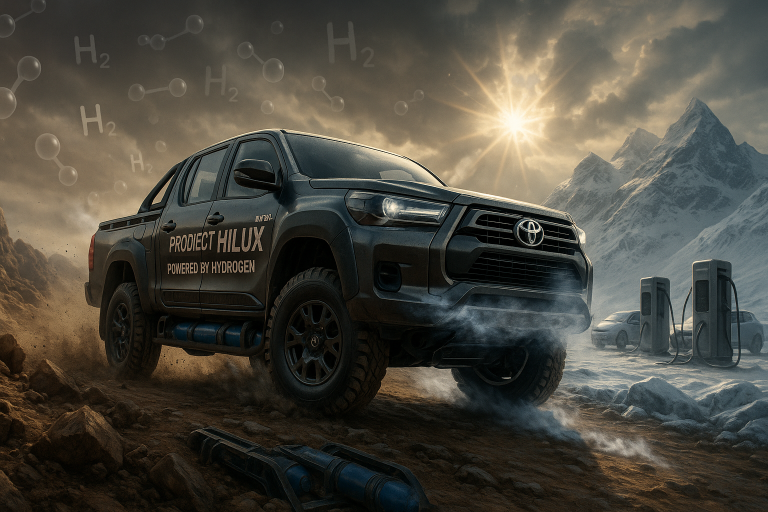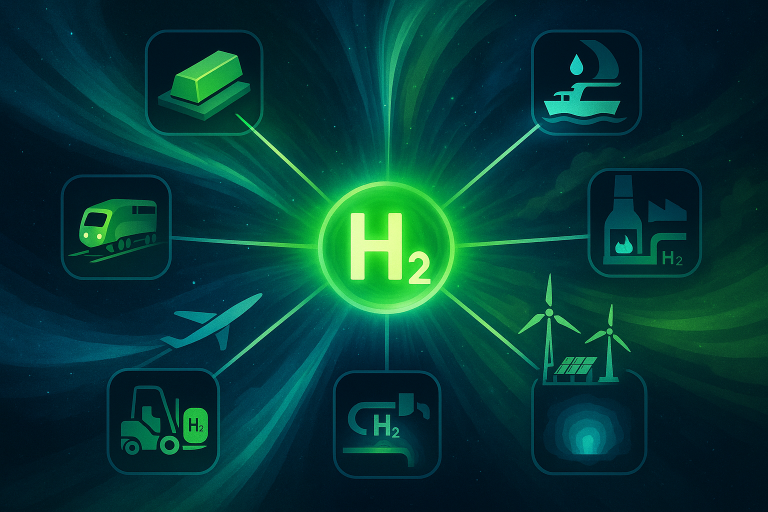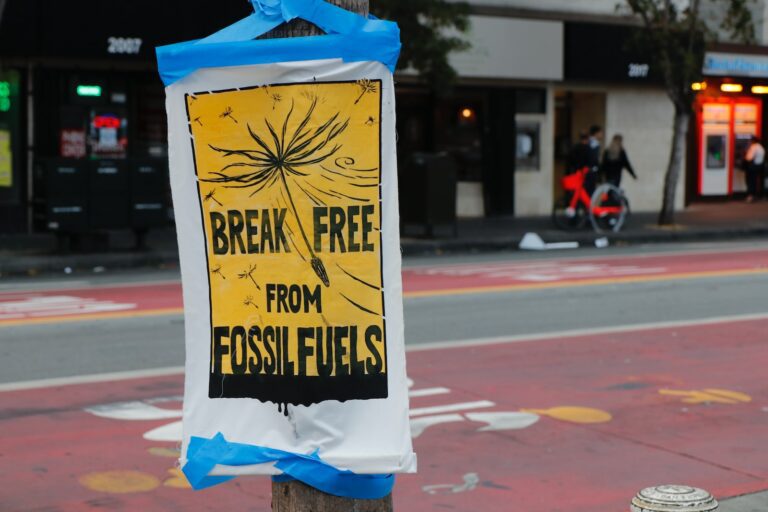Types of Hydrogen Fuel Cell Vehicles
Vehicles that use hydrogen as a fuel source are becoming increasingly popular as a sustainable and environmentally friendly alternative to traditional gasoline and diesel vehicles. Hydrogen fuel cell vehicles (FCVs) convert the chemical energy of hydrogen into electricity to power an electric motor, producing only water vapor as a byproduct. In this article, we will explore the different types of vehicles that use hydrogen fuel cells, the advantages and disadvantages of hydrogen fuel cell vehicles, and the future potential of the technology.
Types of Hydrogen Fuel Cell Vehicles
There are two main types of hydrogen fuel cell vehicles: cars and buses. Cars are the most popular type of FCV and are becoming increasingly common on the roads. Buses are another type of FCV that is also gaining popularity, especially in cities where public transportation is important.
Cars: Cars are the most popular type of FCV and are becoming increasingly common on the roads. Some examples of hydrogen fuel cell cars include the Toyota Mirai, the Hyundai Nexo, and the Honda Clarity. These vehicles have a range of up to 300 miles on a single tank of hydrogen and can be refueled in as little as 5 minutes.
Here is a list of some of the most well-known cars that use hydrogen fuel cells:
- Toyota Mirai: The Toyota Mirai is one of the first fuel cell vehicles to be mass-produced and sold to the public. It has a range of up to 312 miles and can be refueled in less than 5 minutes.
- Hyundai Nexo: The Hyundai Nexo is a compact SUV that can travel up to 380 miles on a single tank of hydrogen.
- Honda Clarity: The Honda Clarity is available in three versions: fuel cell, plug-in hybrid, and battery electric. The fuel cell version has a range of 366 miles and can be refueled in around 3 minutes.
- Mercedes-Benz GLC F-Cell: The Mercedes-Benz GLC F-Cell is a fuel-cell SUV that can travel up to 437 miles on a single tank of hydrogen.
- Audi e-Tron: The Audi e-Tron is a fuel-cell SUV with a range of up to 365 miles and can be refueled in around 3 minutes.
- GMC Sierra: The GMC Sierra is a fuel cell pickup truck with a range of up to 400 miles and can be refueled in around 10 minutes.
- Ford F-550: The Ford F-550 is a fuel cell pickup truck with a range of up to 300 miles and can be refueled in around 10 minutes.
- Nikola Badger: The Nikola Badger is a hydrogen fuel cell electric pickup truck, it’s not yet available for sale but it’s expected to be available in the future.
These are just a few examples of the many hydrogen fuel cell cars that are currently available or in development. As technology continues to evolve, it is likely that more models will be introduced in the future.
Buses: Buses are another type of FCV that is also gaining popularity, especially in cities where public transportation is important. For example, in London, England, a fleet of hydrogen fuel cell buses have been introduced to reduce air pollution and carbon emissions.
Advantages of Hydrogen Fuel Cell Vehicles
There are several advantages to using hydrogen fuel cell vehicles, including:
- Zero emissions: One of the biggest advantages of hydrogen fuel cell vehicles is that they produce zero emissions. The only byproduct of the chemical reaction that powers the vehicle is water vapor, making them a clean and environmentally friendly option.
- High efficiency: Fuel cell vehicles are highly efficient, converting up to 60% of the energy in the hydrogen fuel into propulsion, compared to internal combustion engines, which only convert around 20% of the energy in gasoline.
- Long range: Hydrogen fuel cell vehicles have a range of up to 300 miles on a single tank of hydrogen, which is comparable to traditional gasoline and diesel vehicles.
- Quick refueling: Hydrogen fuel cell vehicles can be refueled in as little as 5 minutes, making them a convenient option for long-distance travel.
Disadvantages of Hydrogen Fuel Cell Vehicles
Despite the many advantages of hydrogen fuel cell vehicles, there are also some disadvantages to consider, including:
- High cost: The cost of producing and distributing hydrogen fuel is currently high, which can make hydrogen fuel cell vehicles more expensive than traditional gasoline and diesel vehicles.
- Limited infrastructure: The infrastructure for hydrogen fuel distribution is currently limited, making it difficult to find hydrogen fuel stations in many areas.
- Safety concerns: Hydrogen is a highly flammable gas, which can raise safety concerns for the storage and transportation of fuel.
Future Potential of Hydrogen Fuel Cell Vehicles
Despite the current challenges facing hydrogen fuel cell vehicles, the future potential of the technology is significant. With continued research and development, the cost of producing and distributing hydrogen fuel is expected to decrease, making hydrogen fuel cell vehicles more affordable. Additionally, as the demand for hydrogen fuel cell vehicles increases, it is expected that more hydrogen fuel stations will be built, making the fuel more widely available.
In addition, governments and private companies have been investing in hydrogen fuel cell vehicle research and development, and many countries have set ambitious targets for the deployment of hydrogen fuel cell vehicles. For example, the European Union has set a target of 6 million hydrogen fuel cell vehicles on the road by 2040

